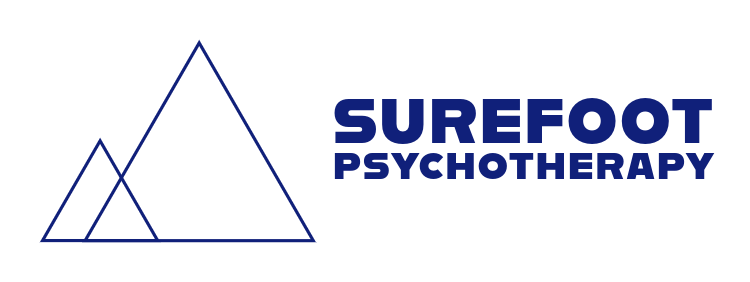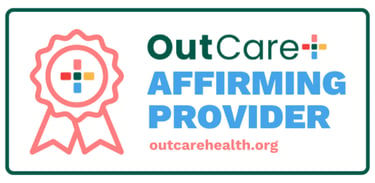Finding Your Footing: How Group Therapy Can Support Young Men Stepping Into Adulthood
Discover how group therapy supports young adult men navigating college, career pressure, and the transition to adulthood. Learn how narrative therapy, peer connection, and shared stories help build confidence, resilience, and a healthier definition of success. Offering men’s therapy groups in Madison, WI.
GROUP THERAPYMEN'S ISSUES
Mike Lawler
11/20/20252 min read


Transitioning into adulthood and college can be both exciting and overwhelming. For many young men today, the world feels like it’s spinning faster than ever. There’s intense pressure to succeed early—to choose the “right” major, secure internships, maintain high performance, stay fit, keep up appearances, and do it all without showing signs of struggle.
It’s no wonder that so many young men quietly feel lost, anxious, or disconnected. Group therapy offers a powerful place to pause, reflect, and reconnect—with yourself and others who are navigating similar transitions.
1. A Space to Be Real
Society often tells young men to “man up,” “figure it out,” or “get ahead.” In group therapy, that pressure can finally lift. It’s a space to talk about what’s actually happening—fears about the future, relationship challenges, doubts about identity, or simply the exhaustion of trying to keep up. Hearing others name similar feelings helps normalize those experiences and fosters genuine relief.
2. Reframing Success Through Narrative Therapy
This group integrates a narrative therapy approach, which helps participants explore and reshape the stories they tell themselves about who they are and what success means.
Instead of being trapped by a single storyline—like “I’m behind,” or “I should have it together by now”—group members learn to identify the pressures behind those beliefs and re-author their own narratives. Together, they begin to craft more compassionate and empowering stories that reflect resilience, curiosity, and authenticity rather than constant performance.
3. Learning and Growing Together
One of the most powerful aspects of group therapy is that the members themselves become part of each other’s growth. Participants listen deeply, offer feedback, and share what’s worked for them.
Through this process, young men practice real-world communication and emotional skills—empathy, accountability, problem-solving, and reflection—while realizing that strength doesn’t come from going it alone, but from learning alongside others.
4. Building Belonging in a High-Pressure World
The drive to “make it” can leave young people feeling isolated. In group therapy, belonging isn’t based on achievement—it’s based on authenticity. The group becomes a supportive network where vulnerability is met with respect, not judgment. Over time, this environment helps participants feel more grounded and confident, even when the outside world feels demanding or uncertain.
5. A Foundation for Lifelong Well-Being
By combining shared experience with the tools of narrative therapy, young men leave group therapy with more than insight—they leave with a deeper understanding of their own story and a stronger sense of agency in shaping what comes next. These are skills that extend far beyond college, forming the foundation for mental health, self-awareness, and authentic success throughout life.
Ready to start your next chapter with more clarity and confidence?
If you’re a young man navigating college, career choices, or the pressures of early adulthood, group therapy can help you slow down, find your footing, and build lasting emotional skills. Our group, Emerging Men, provides a supportive space to explore your story, share experiences, and grow alongside others who understand.
Quick Take
For young men facing the relentless pressure to succeed quickly, group therapy offers something rare: a chance to slow down, make meaning, and connect. Through conversation, reflection, and shared stories, participants learn that growth isn’t a competition; it’s a collaboration. And every voice matters in that story.
hello@surefoot-therapy.com
608-515-2273
6302 Odana Road, Suite 101 - Madison, WI 53719


Find your footing.
If you are in crisis please call or text the 988 Suicide & Crisis Lifeline or text HOME or HOLA to the Crisis Text Line at 741741
Currently accepting







